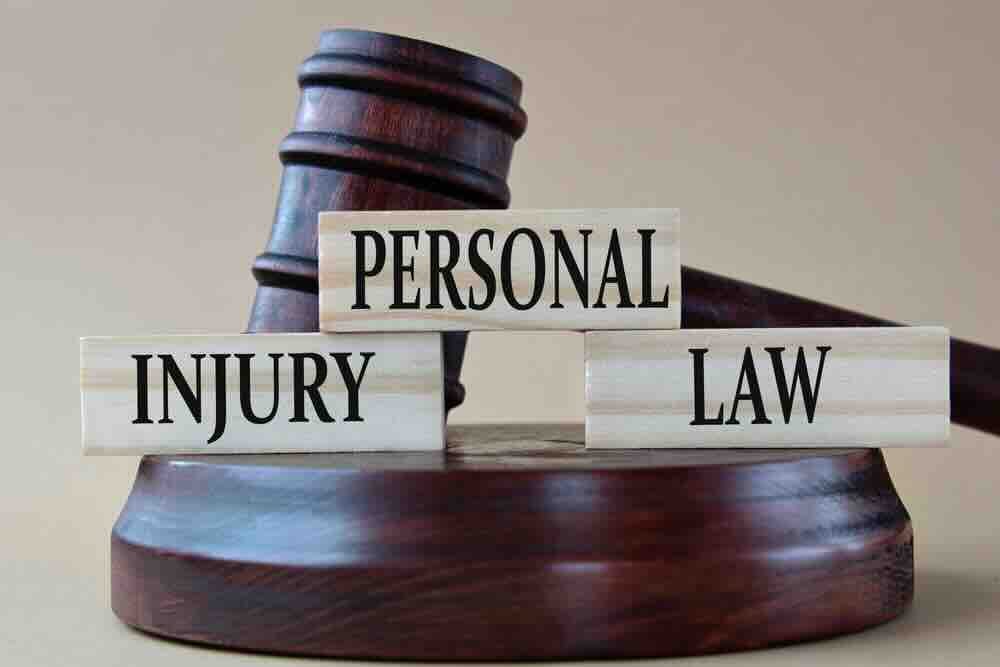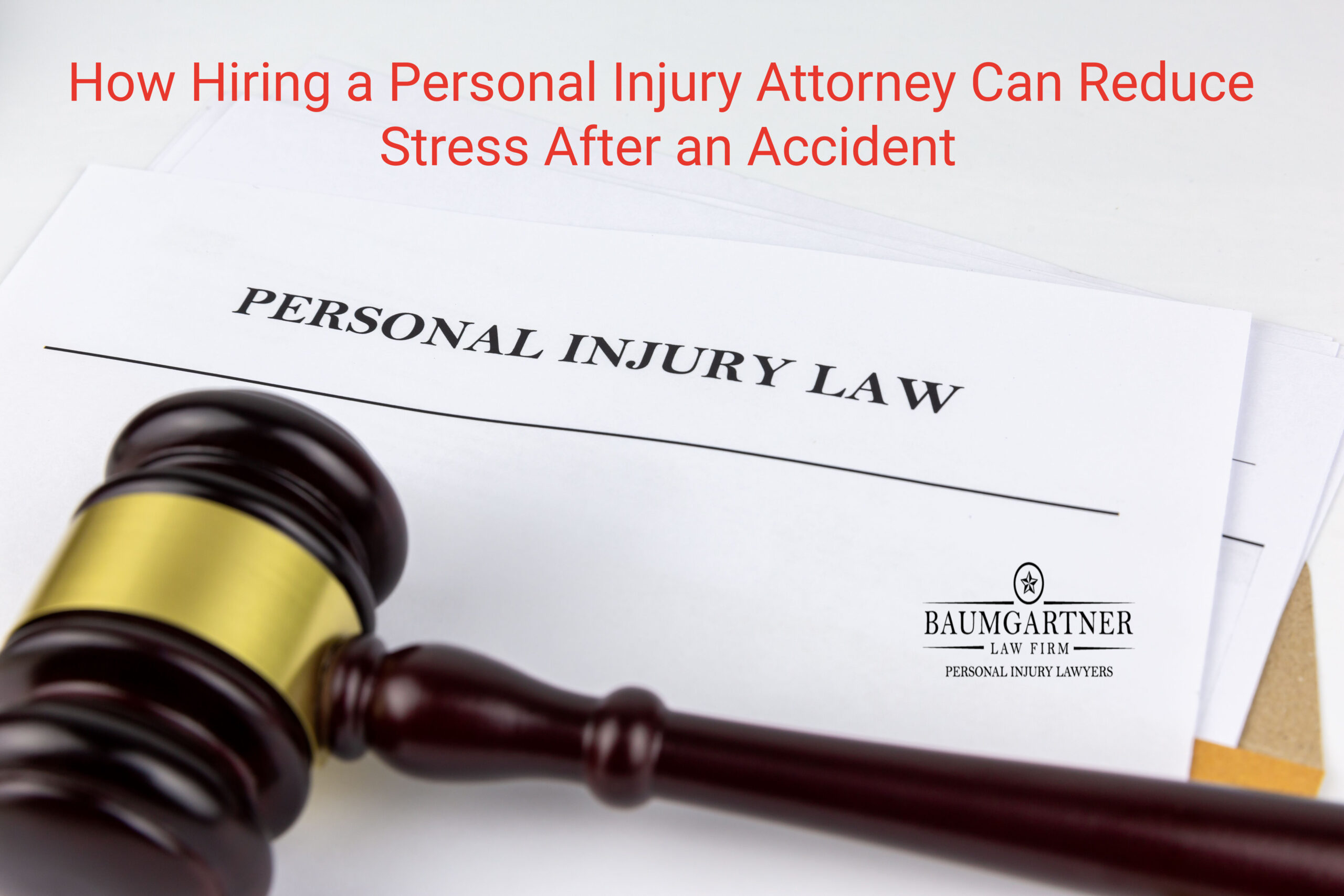Brain injuries can be life-altering. They often lead to long-term effects that can impact every aspect of a person’s life.
Understanding these effects is crucial. It helps victims and their families prepare for the journey ahead.
This article aims to shed light on the long-term effects of brain injuries. It will delve into the medical aspects, including the types of brain injuries and their potential for cognitive impairment.
But the impact of a brain injury isn’t just medical. It can also have significant legal implications.
We’ll explore the role of personal injury law in securing victims’ compensation. This includes understanding the legal process and the steps necessary to protect your financial future.
By the end of this article, you’ll have a clearer understanding of the long-term effects of brain injuries and the resources available to help navigate this challenging journey.
What is a Brain Injury?
A brain injury occurs when an external force damages the brain. This can occur due to various incidents, such as a car accident, a fall, or a sports-related injury. The impact can result in a temporary or permanent disruption of normal brain function.
Brain injuries can vary greatly in severity. Some injuries may be mild, causing temporary symptoms. Others can be severe, leading to long-lasting, life-altering effects. It is important to get medical attention immediately after any head injury to assess the damage and determine the appropriate treatment plan.
Types of Brain Injuries
Brain injuries come in several forms, each with distinct characteristics. Understanding the differences can help in recognizing the severity and necessary response.
One type is a concussion, often seen in sports injuries. A concussion is considered a mild brain injury, but it can still cause significant symptoms.
Another type is contusion, which involves bruising of the brain tissue. Depending on the location and severity, this can lead to cognitive and physical impairments.
Additionally, penetrating brain injuries result from objects piercing the skull and entering the brain tissue. These are often severe and require immediate medical intervention.
- Concussion: A mild traumatic brain injury often seen in sports.
- Contusion: Bruising of brain tissue, causing various impairments.
- Penetrating Injury: Severe injury from objects penetrating the skull.
Recognizing Traumatic Brain Injury (TBI)
Traumatic Brain Injury (TBI) occurs when an external force injures the brain. It’s crucial to identify the signs early.
Common causes include falls, vehicle accidents, and sports injuries. Each incident can lead to varying degrees of brain damage.
Prompt recognition and treatment can significantly impact recovery outcomes. Awareness of symptoms is key to early intervention.
Symptoms of Mild TBI
Mild TBI, or concussion, may manifest as dizziness or confusion. Headaches and fatigue are also common symptoms.
Victims may feel nauseous or have difficulty focusing. These signs might be subtle, but prompt attention is essential.
Symptoms of Moderate to Severe TBI
Moderate to severe TBI presents more pronounced symptoms. Memory loss and profound confusion are prevalent indicators.
Severe cases can result in prolonged unconsciousness. Physical issues may include coordination problems or persistent headaches.
Immediate medical care significantly improves the prognosis for individuals with severe symptoms, underscoring the importance of swift action.
Cognitive Impairment and Its Long-Term Impact
Brain injuries can lead to cognitive impairment, affecting cognitive functions such as thinking and reasoning. The extent varies depending on the severity and location of the injury.
For many, cognitive challenges become apparent in everyday tasks. Planning, decision-making, and retaining information can become difficult.
These impairments often impact one’s quality of life. Long-term effects can hinder work, relationships, and independent living. Addressing these issues with appropriate therapies is crucial.
The Legal Aspects of Brain Injury Cases
Navigating the legal process after a brain injury can be complex. Understanding your rights is crucial to securing necessary compensation. Legal guidance can significantly impact the outcome of your case.
Every brain injury case is unique. Establishing negligence and proving the extent of your injuries is essential. A detailed record of your medical history and the impacts on your life strengthens your claim.
Legal professionals play a vital role. They help negotiate with insurance companies and present your case. An experienced attorney ensures fair treatment and protects your interests throughout the process.
Understanding Compensation for Brain Injury Victims
Compensation for brain injury victims varies based on case specifics. It often includes medical expenses and lost wages. Compensation can extend to pain and suffering endured due to the injury.
Future medical needs are another consideration. A comprehensive settlement should reflect potential ongoing treatment costs. This ensures support for long-term care and rehabilitation.
Legal representation is key to maximizing compensation. An attorney understands claim complexities and aids in securing a fair settlement. This support is vital for financial recovery and future planning.
The Role of Personal Injury Law in Brain Injury Cases
Personal injury law provides a framework for claiming damages. It addresses wrongful actions leading to a brain injury. This law helps victims recover losses and secure justice.
Proving liability is often the cornerstone of these cases. Gathering evidence of negligence is crucial. This may involve witness testimony and expert evaluations.
Statutes of limitations are critical in filing claims. Timely action ensures your case is heard. An experienced legal professional navigates these timelines and legal requirements, ensuring compliance and safeguarding your rights.
Rehabilitation and Recovery from Brain Injury
Rehabilitation is a crucial component in the recovery journey from a brain injury. It involves various treatments designed to restore function. Personalized rehabilitation plans cater to the unique needs of each individual.
Therapies typically include physical, occupational, and speech therapy. These therapies focus on improving mobility, daily activities, and communication skills. Each therapy aims to maximize the recovery potential of the affected individual.
Recovery is a gradual process that varies from person to person. Some may experience significant improvements, while others may need ongoing support. Patience and perseverance are essential for overcoming the challenges of rehabilitation.
The Importance of a Multidisciplinary Approach
A multidisciplinary approach is vital for effective brain injury rehabilitation. It involves collaboration among various healthcare professionals. This team effort ensures comprehensive care for all aspects of recovery.
Neuropsychologists, physiotherapists, and occupational therapists often work together. They develop individualized treatment plans to tackle cognitive and physical impairments. This holistic approach enhances the chances of a successful recovery.
Ongoing communication among the team members is key. It ensures that treatments are aligned and goals are met. This synergy improves outcomes and supports the individual’s overall well-being and quality of life.
Conclusion: Navigating the Road to Recovery
Recovering from a brain injury is a challenging and lengthy process. It requires determination, resilience, and support from a multidisciplinary team. Understanding the complexities of brain injuries can help you navigate this journey.
Securing compensation is also a pivotal part of the recovery process. It can provide the financial stability needed for ongoing medical and therapeutic care.
Engaging an experienced personal injury attorney can streamline the legal process.
Finally, surrounding yourself with a supportive community is essential. Family, friends, and support groups can provide emotional strength. This robust network can significantly contribute to overcoming the long-term effects of a brain injury.
Contact Baumgartner Law Firm for Your Free Case Evaluation
If you or a loved one have been hurt in a car, truck, or motorcycle accident, contact Baumgartner Law Firm for a FREE consultation to learn your rights, options, and next steps.
Baumgartner Law Firm
6711 Cypress Creek Pkwy, Houston, TX, 77069
Visit Our Law Firm in Houston
Related Resources:
- Comprehensive Guide to Concussion and Brain Injury After an Accident
- Common Catastrophic Injuries and Their Effects
- Houston Brain Injury Lawyer
- The Most Common Injuries in Truck Accidents
- Houston Concussion Injury Lawyer













